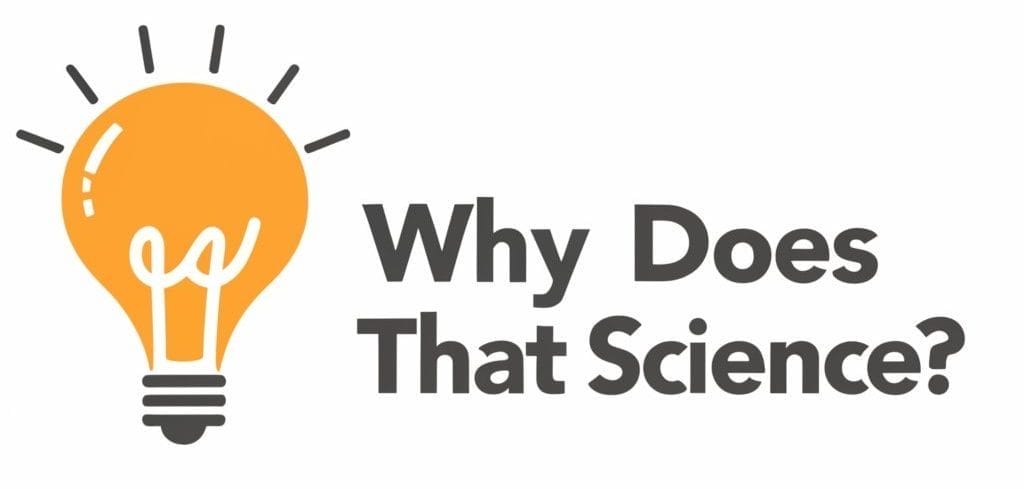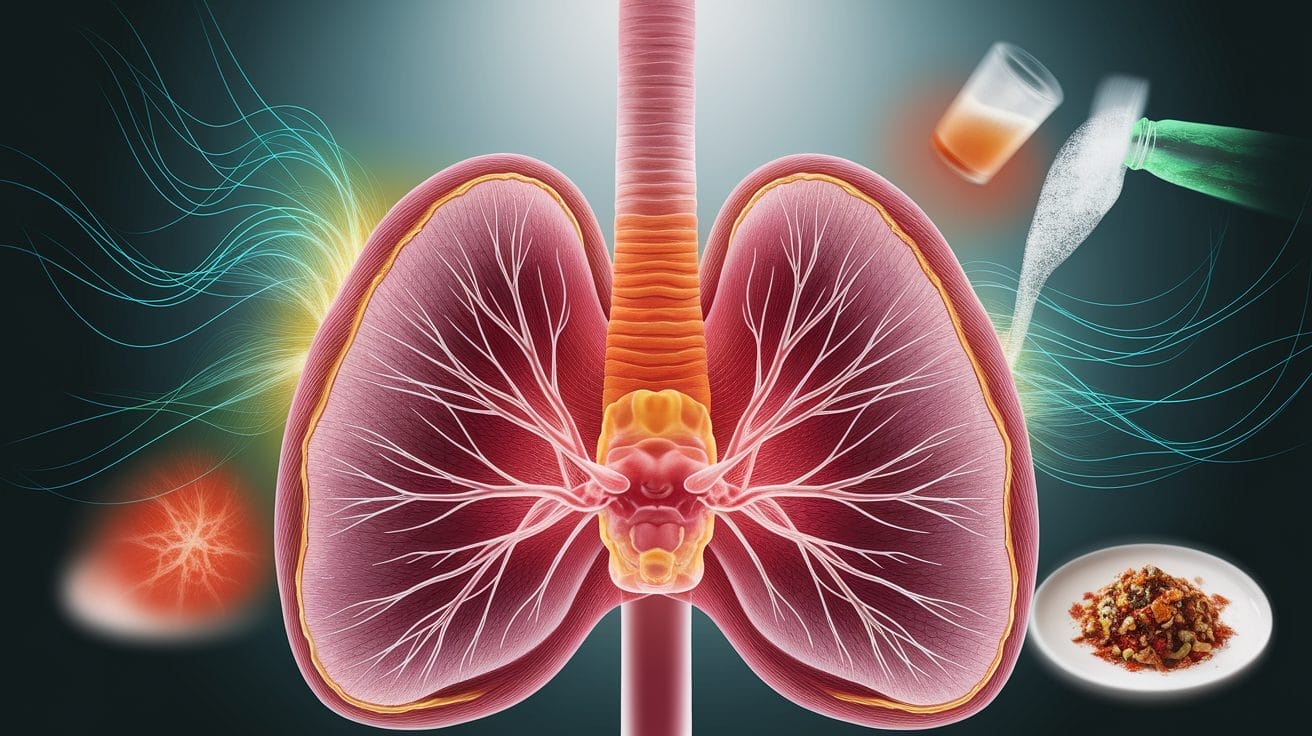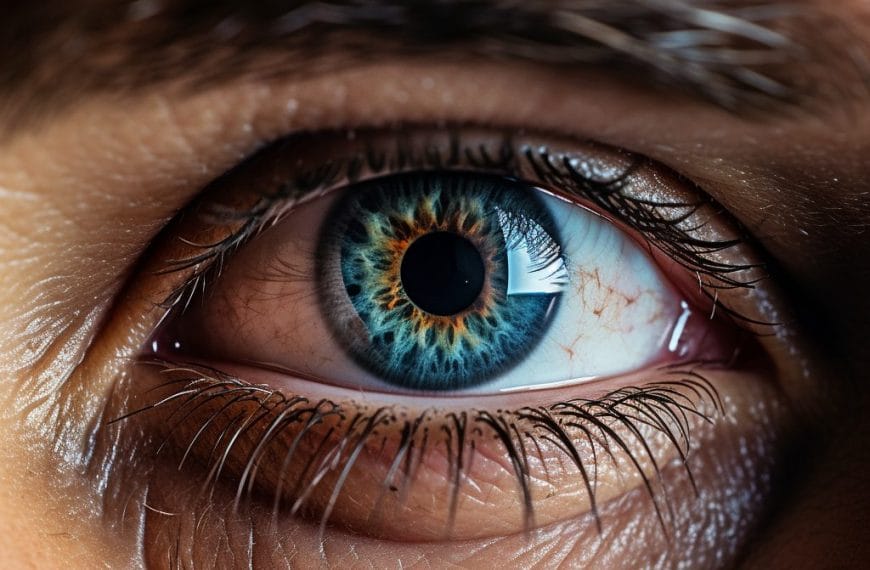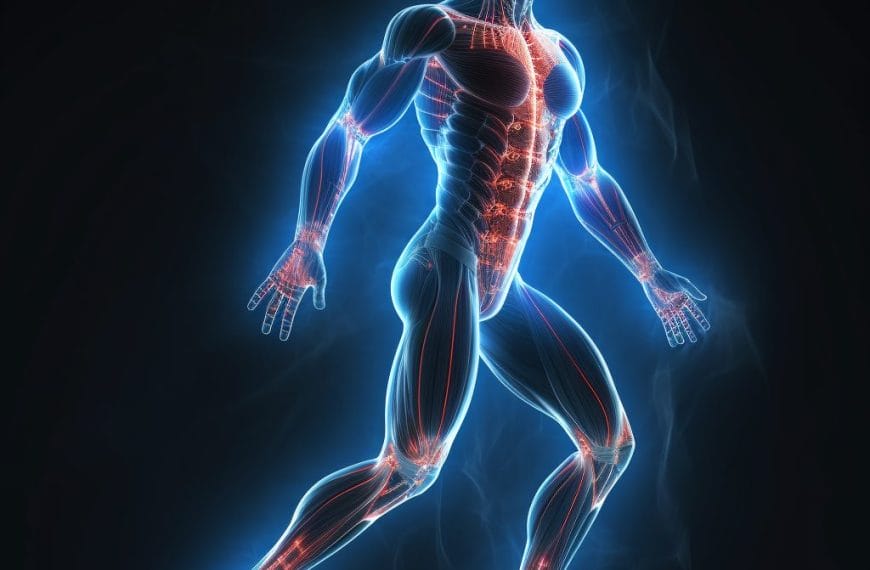Quick Answer: Hiccups happen when your diaphragm muscle suddenly contracts, pulling in air, and your vocal cords snap shut, making the classic “hic” sound. They often start suddenly from things like eating too fast, temperature changes, or excitement, and usually go away on their own within minutes.
Introduction – The Hic Unveiled
Almost everyone has had them — that surprising little “hic” that interrupts your words or laughter. While they can be funny (or annoying), hiccups are actually a fascinating and complex body reflex. Known medically as singultus, they may last moments or, in rare cases, days. Let’s pull back the curtain on these mysterious spasms and see what’s really going on inside your body.

The Physiology of Hiccups
Hiccups are essentially a brief disturbance in your regular breathing pattern. In your chest lies the diaphragm, a dome-shaped muscle that acts like a bellows to pull air into your lungs.
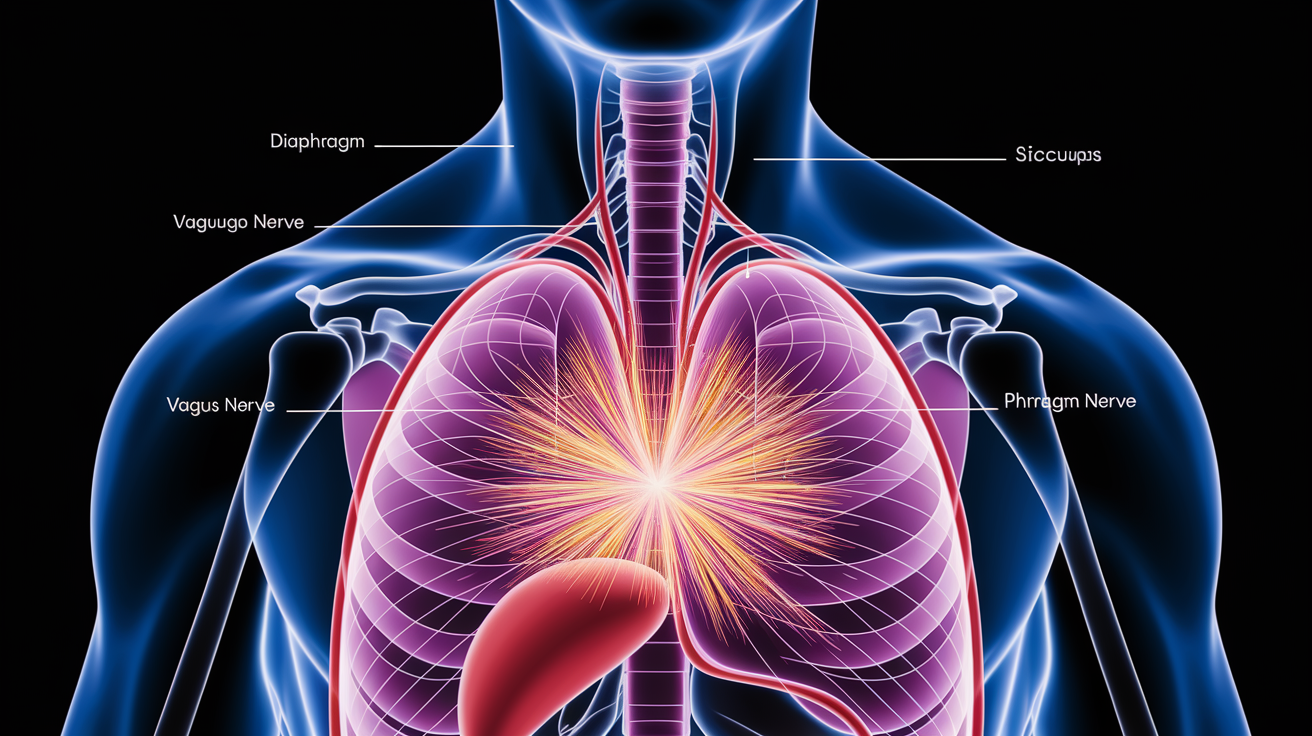
Here’s what happens during a hiccup:
- The diaphragm contracts suddenly (an involuntary spasm), creating a quick, deep breath in.
- Almost instantly, your glottis — the opening between your vocal cords — closes shut.
- This closure is what produces the distinctive sound: “hic.”
The nerve reflex arc responsible involves the phrenic nerve and vagus nerve, both of which communicate between your diaphragm, vocal cords, and the medulla oblongata in your brainstem. When these nerves are irritated or overstimulated, your smooth respiratory rhythm gets interrupted — producing a hiccup.
Common Triggers – What Sparks the Hiccup Reflex
Hiccups can appear without warning, but there are several well-known culprits that can set them off by affecting the diaphragm and related nerves:
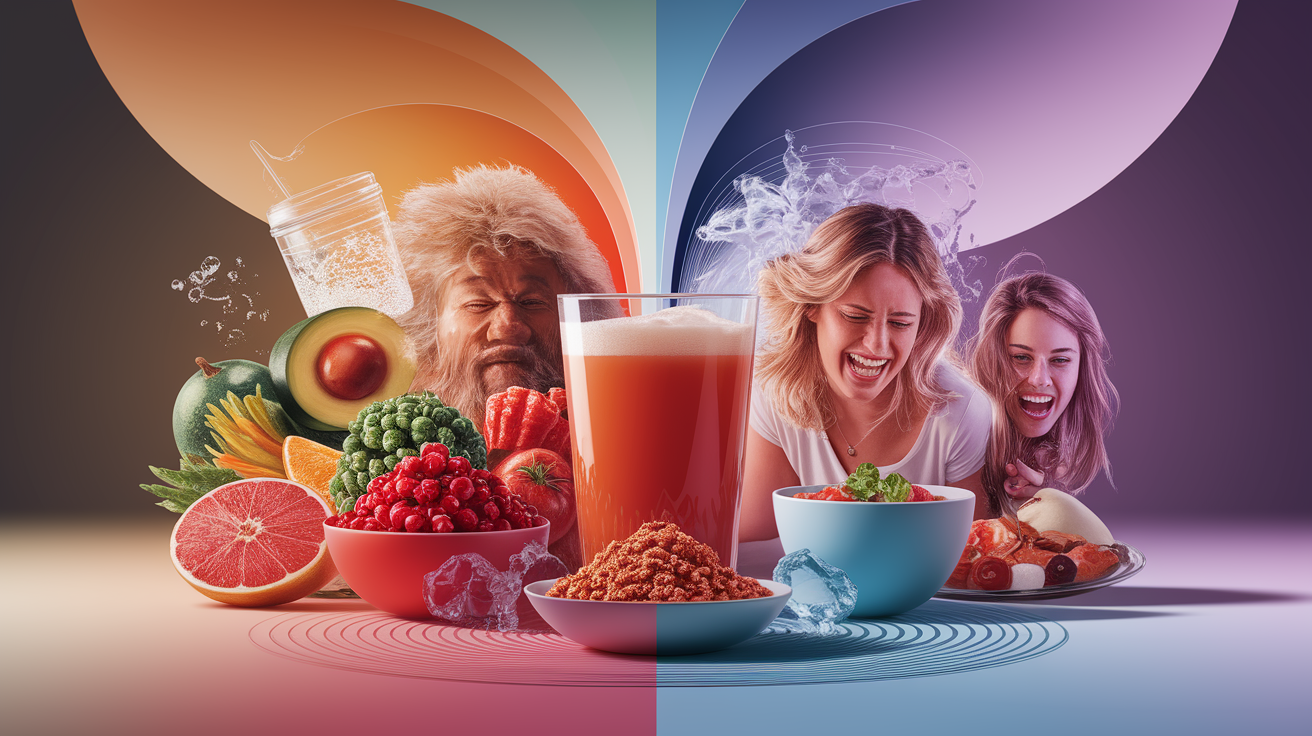
- Eating too quickly or overeating, leading to stomach distension.
- Drinking carbonated drinks or alcohol, which can introduce gas and cause diaphragm irritation.
- Sudden emotional changes — excitement, stress, or anxiety.
- Temperature shifts, such as drinking a hot beverage followed by something cold.
- Swallowing air from chewing gum or sucking candy.
- Spicy foods that stimulate certain nerves connected to the respiratory system.
Interestingly, some hiccups just show up without any clear cause — like an uninvited party guest!
Quick Fixes – Home Remedies to Stop Hiccups
Most of the time, hiccups disappear without any intervention, but if you want to try to speed things along, here are some common home remedies:

- Hold your breath for 10–20 seconds to increase carbon dioxide levels in your blood, which may calm the diaphragm.
- Drink a glass of cold water slowly; the rhythmic swallowing might reset the reflex.
- Breathe into a paper bag to gently change blood gas levels and influence nerve signals.
- Gargle with cold water to stimulate the back of the throat and potentially disrupt the hiccup reflex arc.
While these tricks are popular, medical experts point out that their effectiveness is not scientifically guaranteed. But they’re generally safe to try for short-term hiccups.
When Hiccups Overstay Their Welcome – Medical Considerations
If hiccups last longer than 48 hours, they’re no longer just a quirky inconvenience — they may be a sign of a deeper issue. These are called persistent or chronic hiccups, and they can disrupt eating, sleeping, and even breathing patterns.

Underlying causes can include:
- Nerve irritation or injury — affecting the phrenic or vagus nerves, sometimes due to surgery or growths in the chest or neck.
- Digestive problems — like acid reflux or inflammation in the esophagus.
- Respiratory illnesses — such as pneumonia or pleurisy.
- Neurological conditions — involving the brainstem or nervous system.
- Metabolic issues — like diabetes-related imbalances.
- Certain medications — which may stimulate or irritate the hiccup reflex pathway.
In such cases, doctors may use medications, nerve blocks, or address the underlying condition to stop the hiccups. You can read more about when to seek medical care if hiccups become prolonged.
Conclusion – From ‘Hic’ to Healthy Breathing
Hiccups are a charming reminder of how intricate — and sometimes unpredictable — our bodies can be. Whether triggered by carbonated drinks, sudden laughter, or an overenthusiastic meal, most hiccups are fleeting quirks of the respiratory system. But if they persist, it’s worth listening to what your body might be trying to say. The next time you feel that familiar catch in your breath, you’ll know the science behind the spasm — and maybe a trick or two to send the hiccups packing.
